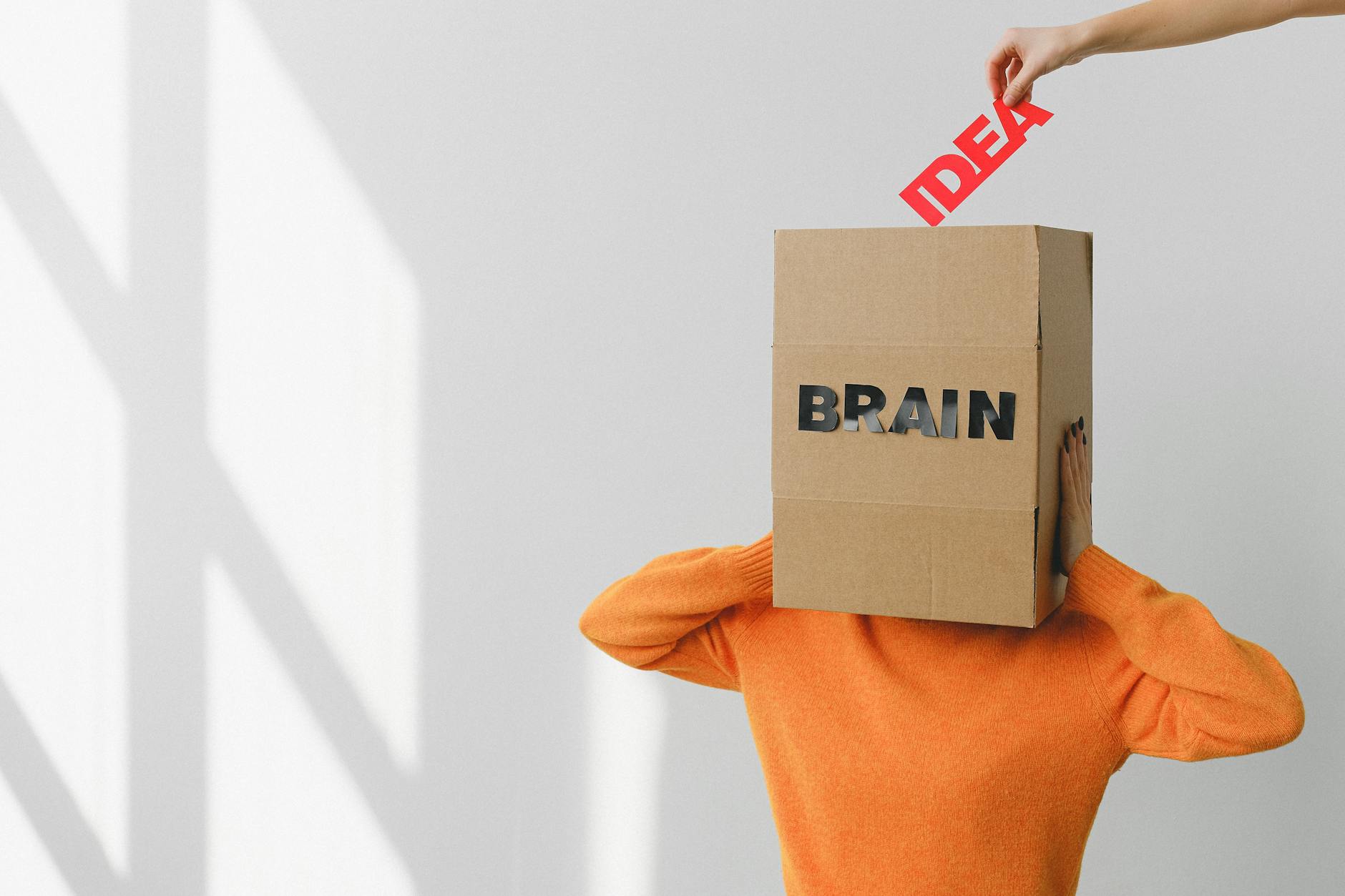What is human cognition?
What is human cognition?
Human cognition is a fascinating and intricate field that explores the mental processes behind how we acquire knowledge, understand the world around us, and make decisions. It’s not just an academic concept; it’s deeply woven into the fabric of our daily lives, influencing our productivity, learning, and personal development. Understanding human cognition can enhance our ability to manage time effectively, improve our study habits, and foster better interpersonal relationships.
Defining Human Cognition
At its core, human cognition refers to the various mental actions or processes involved in acquiring knowledge and understanding through thought, experience, and the senses. It encompasses a wide array of functions including perception, attention, memory, language, and problem-solving. Each of these components plays a significant role in how we interact with our environment.

Photo by SHVETS production
The Components of Human Cognition
Perception: This is the process of interpreting sensory information. It’s how we make sense of what we see, hear, and feel in our environment.
Attention: Attention refers to the mental focus on specific stimuli while ignoring others. It helps us prioritize information and decide what is worth our cognitive resources.
Memory: Memory is crucial for learning. It allows us to store and retrieve information, which is essential for everything from daily tasks to long-term projects.
Language: Language shapes how we communicate and express ourselves. It’s a vital part of cognition that enables us to share thoughts, ideas, and emotions with others.
Problem-Solving: This aspect of cognition allows us to navigate challenges and find solutions. Whether it’s a simple task at work or a complex life decision, our problem-solving skills are put to the test daily.
The Role of Cognition in Daily Life
Cognition influences nearly every decision we make daily. Have you ever wondered why a particular advertisement caught your eye or why you remembered a specific detail from a conversation? That’s cognition at work. It helps us learn new skills, make informed choices, and interact with others more effectively. The more we understand how our cognitive processes operate, the better we can harness them for personal and professional growth.
Theories of Human Cognition
Several theories help explain how human cognition works and how we develop our cognitive abilities over time.
Cognitive Development Theories
Two key figures in cognitive development are Jean Piaget and Lev Vygotsky. Piaget proposed that children move through stages of cognitive development, each characterized by different ways of thinking and understanding the world. Vygotsky, on the other hand, emphasized the social context of learning, suggesting that our cognitive development is significantly influenced by our interactions with others.
For a deeper dive into these theories, you might explore this comprehensive overview of cognitive evolution.
Information Processing Model
The Information Processing Model likens the human mind to a computer, suggesting that we process information through a series of stages: input, storage, and output. This model helps us understand how we take in information, store it in memory, and later retrieve it to make decisions. It’s a foundational concept in cognitive science that underlines the importance of effective learning strategies.
Cognition and Productivity
Understanding cognition can significantly enhance our productivity. By tapping into cognitive skills, we can improve our time management and learning outcomes.
Cognitive Skills for Effective Time Management
Effective time management often relies on several cognitive skills:
- Prioritization: Knowing which tasks require immediate attention and which can wait.
- Planning: Anticipating future needs and organizing tasks accordingly.
- Focus: Maintaining concentration on tasks to minimize distractions.
By honing these skills, we can manage our time more efficiently, leading to increased productivity and less stress.
Improving Memory for Better Learning Outcomes
Memory techniques, such as mnemonics, visualization, and spaced repetition, can greatly enhance memory retention and recall. These techniques are particularly beneficial for students and professionals alike, as they can lead to more effective study habits and better learning outcomes. For tips on improving memory, you can check out this resource on cognitive enhancement.
Challenges in Human Cognition
Despite the power of cognition, there are common challenges and cognitive biases that can hinder our thinking.
Cognitive Biases and Their Impact
Cognitive biases are systematic patterns of deviation from norm or rationality in judgment. They can cloud our thinking, affect our decisions, and lead to errors in judgment. Examples include confirmation bias, where we favor information that confirms our existing beliefs, and anchoring bias, where we rely too heavily on the first piece of information we encounter. For more on how these biases affect our lives, check out this insightful article.
Strategies to Overcome Cognitive Challenges
To mitigate the effects of cognitive challenges, consider these strategies:
- Awareness: Recognizing your cognitive biases is the first step toward overcoming them.
- Seek Feedback: Engaging with others can provide different perspectives and challenge your assumptions.
- Reflective Thinking: Take time to reflect on decisions, considering other possibilities and outcomes.
Implementing these strategies can enhance your cognitive processes, leading to better decision-making and increased productivity.
Conclusion on Human Cognition
Understanding human cognition is crucial for anyone looking to improve their personal and professional lives. It influences our learning, decision-making, and interactions with others. By grasping the components of cognition and the challenges it presents, we can develop strategies to enhance our cognitive skills. Whether you’re a student, a professional, or simply someone striving for personal growth, a deeper understanding of human cognition offers invaluable insights into how we think and operate in our daily lives. Embrace this knowledge, and watch how it transforms your approach to learning and productivity.